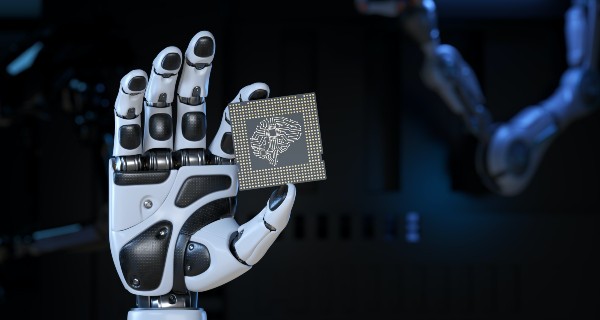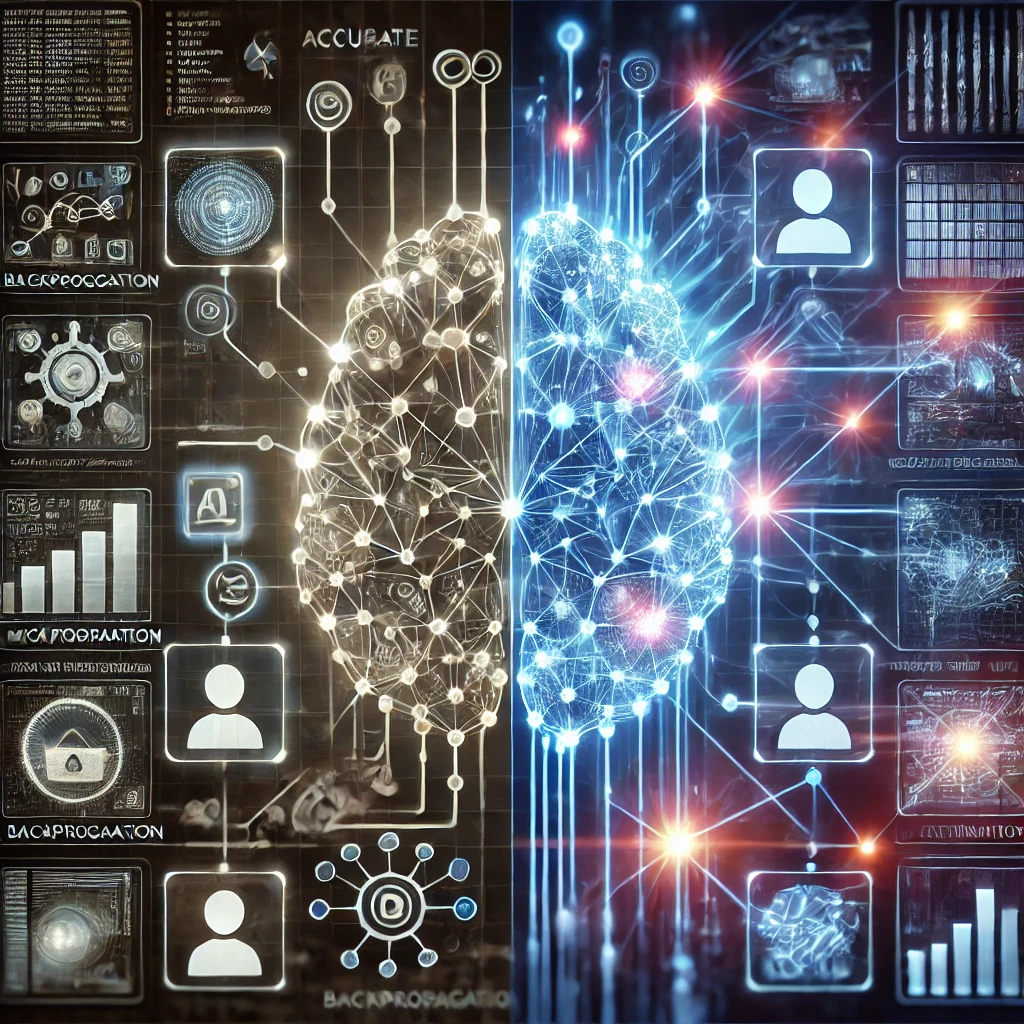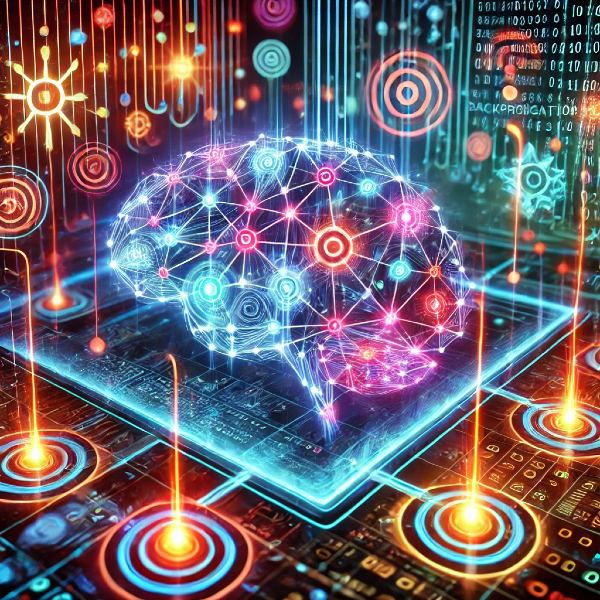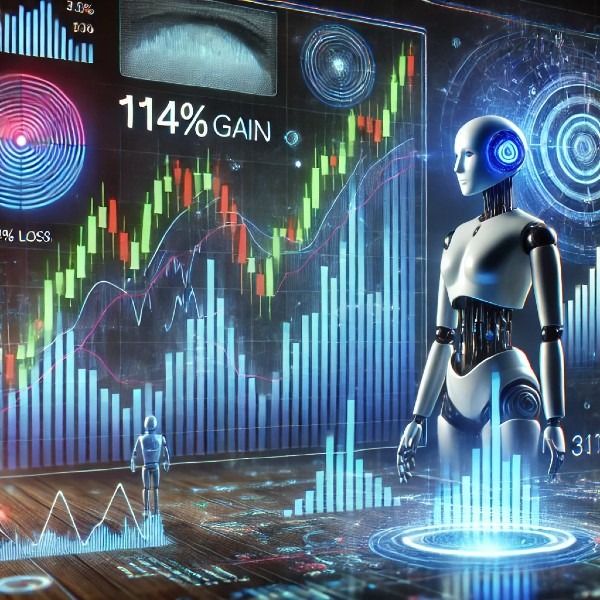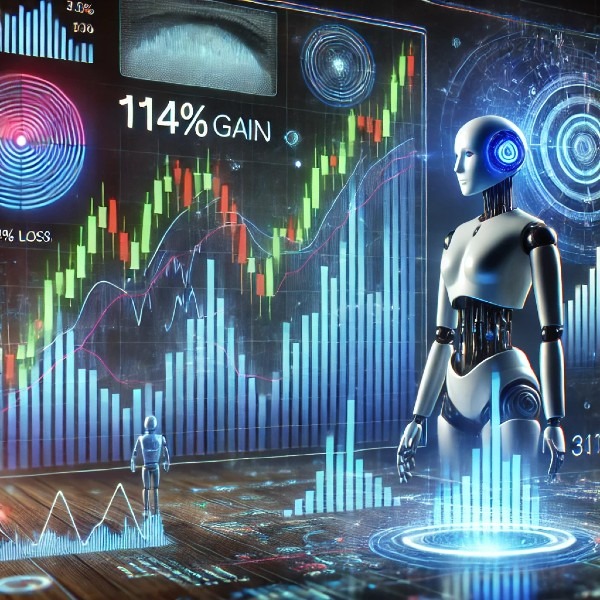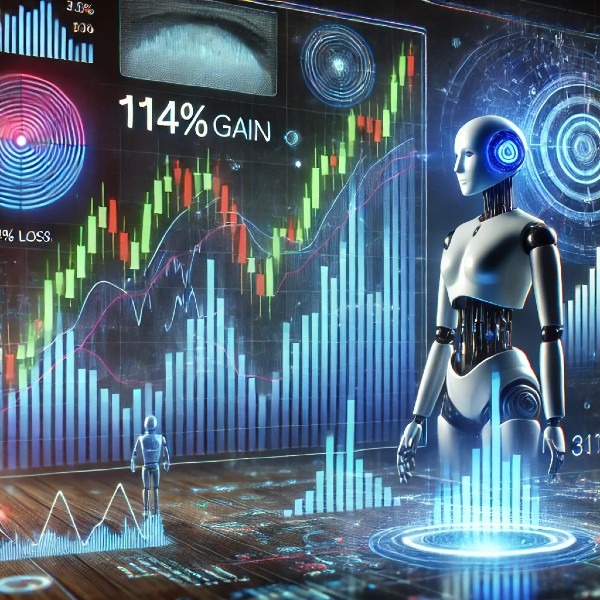Welcome to the intriguing universe of Black Box AI! This term might sound like something from a sci-fi movie, but it’s actually a significant part of our daily lives, especially in the fields of finance, education, robotics, and privacy and security. In this blog, we will unravel the complexities of Black Box AI in a simple, easy-to-understand way, perfect for someone with the knowledge level of an eighth grader.
Black Box AI is like a secret agent in the world of technology, performing tasks and solving problems in ways that even the experts don’t fully understand. It’s a fascinating area of artificial intelligence that affects many different aspects of our lives, from how our savings are managed to the robots that could be teaching us in schools. Let’s dive into how Black Box AI impacts these different areas.
Finance
In the world of finance, Black Box AI acts like a super-smart financial advisor. It looks at mountains of financial data and makes predictions about things like stock prices and investment risks. This is incredibly helpful for people who work in finance because it can help them make better decisions about where to put their money.
But, there’s a twist. Since the way Black Box AI makes these decisions isn’t fully understood, it’s a bit like taking advice from someone who won’t explain their reasoning. This can make it challenging for financial experts to fully trust these AI-driven decisions, especially when dealing with large sums of money.
Students and Educators
For students and educators, Black Box AI opens up a world of possibilities. Imagine a classroom where AI helps teachers understand how each student learns best or suggests personalized learning materials. It’s like having a helper in the classroom that knows the needs of every student.
However, the mystery of how Black Box AI comes up with its suggestions and solutions in education can be puzzling. Educators and students might wonder how the AI knows what works best for each learner, which can make them hesitant to rely completely on its recommendations.
Robotics
In robotics, Black Box AI is the brain behind the machines. It helps robots learn from their experiences, make decisions, and interact with the world. From manufacturing robots to companion robots in homes, Black Box AI is making robots smarter and more helpful.
But again, the enigma of Black Box AI in robotics raises some questions. If a robot does something unexpected, it’s not always clear why, because the decision-making process is hidden within the AI’s ‘black box’. This uncertainty can be a concern, especially in situations where safety and reliability are crucial.
Privacy and Security
Black Box AI plays a big role in privacy and security. It helps protect our online data from hackers and can detect threats that humans might miss. It’s like having a super-smart guard that’s always on the lookout to keep our digital lives safe.
However, because the inner workings of Black Box AI are not fully transparent, it can also raise privacy concerns. People often wonder how their personal data is being used and whether it’s truly secure when processed by AI systems they don’t fully understand.
Myths vs. Facts about Black Box AI
Myth: Black Box AI Can Read Our Minds
Fact: Black Box AI is not capable of reading thoughts or understanding human emotions. It works with data and algorithms to make decisions, not with mind-reading abilities.
Myth: Black Box AI is Always Right
Fact: Despite being powerful, Black Box AI can make mistakes. It’s only as good as the data it’s given, so if that data is flawed, the AI’s decisions might be too.
Myth: Black Box AI is a Threat to Humans
Fact: Black Box AI is a tool created by humans and is not inherently dangerous. The key is how it’s used and the safeguards put in place to ensure it’s used ethically.
FAQ Section
Q1: What is Black Box AI?
Black Box AI refers to AI systems that make decisions or solve problems without revealing how they do it. It’s like having a genius who gives you answers but never explains the steps they took to get there.
Q2: How does Black Box AI impact finance?
In finance, Black Box AI helps with analyzing data and predicting market trends. This can lead to better investment decisions, but the lack of transparency in how these conclusions are reached can be a concern for investors and financial analysts.
Q3: Why is Black Box AI important for education?
Black Box AI can offer personalized learning experiences for students and assist educators in understanding each student’s needs. However, the unclear nature of its decision-making process can be a challenge in fully integrating it into educational strategies.
Q4: What role does Black Box AI play in robotics?
In robotics, Black Box AI provides the intelligence for robots to learn and adapt. It helps robots make decisions and perform tasks autonomously, but the uncertainty in how these decisions are made can raise safety and reliability concerns.
Q5: Are there privacy risks with Black Box AI?
Black Box AI does pose privacy risks because it’s not always clear how it uses and processes personal data. Ensuring transparency and ethical use of data is crucial to mitigate these risks.
Google Snippets
Snippet on Black Box AI
“Black Box AI involves artificial intelligence systems where the decision-making process is hidden and not easily understandable, used in various sectors for complex problem-solving.”
Snippet on AI in Finance
“AI in finance is revolutionizing how financial data is analyzed for investments and risk management, but the opacity of these AI systems often leaves the reasoning behind decisions unclear.”
Snippet on AI in Education
“AI is transforming education by providing customized learning solutions and insights into student performance, though its algorithms and decision-making processes are not always transparent.”
Black Box AI Meaning: From Three Different Sources – Reworded
Source 1
Black Box AI refers to AI systems that operate without revealing the internal logic of their decisions, akin to a complex machine whose workings are hidden.
Source 2
In Black Box AI, the pathways and reasoning behind the AI’s decisions are not visible or understandable, often due to the intricate nature of its programming and data processing.
Source 3
Black Box AI is characterized by AI models that provide solutions or make predictions without a clear explanation, seen commonly in sophisticated machine learning algorithms.
Did You Know?
- The concept of “Black Box” originally comes from the aviation industry, referring to flight recorders which store data crucial in investigating air accidents.
- Some Black Box AI systems have the ability to learn and improve their performance over time, adapting to new data without human intervention.
- The field of Explainable AI (XAI) is emerging as a response to the challenges of Black Box AI, aiming to make AI decisions more transparent and understandable.
Black Box AI is a fascinating and significant aspect of modern technology, impacting various sectors from finance to education. While it offers powerful capabilities for problem-solving and decision-making, its lack of transparency raises important questions about trust, ethics, and accountability. As technology continues to evolve, understanding and addressing the complexities of Black Box AI remains crucial.
The journey of demystifying Black Box AI is as challenging as it is important. It highlights the need for balancing the benefits of AI with responsible usage, ensuring that advancements in AI continue to serve humanity in positive and ethical ways.
References
- Thinkful offers insights on how to address the “black box” problem in AI through Explainable AI (XAI) and transparency models. They discuss techniques like Feature Importance Analysis, Local Interpretable Model-agnostic Explanations (LIME), SHapley Additive exPlanations (SHAP), Model Distillation, and Decision Rules, which are designed to make AI models more interpretable and transparent. This is especially important in applications where decisions can have far-reaching consequences, such as healthcare or finance
- Superb AI‘s blog discusses the challenges of the reliability of AI and its adoption into society, given the opaque nature of black box models. The widespread use of AI technologies presents issues related to data bias, lack of transparency, and potential infringement on human rights. The article addresses how Explainable AI is crucial for building AI systems that are not only powerful but also trustworthy and accountable.

